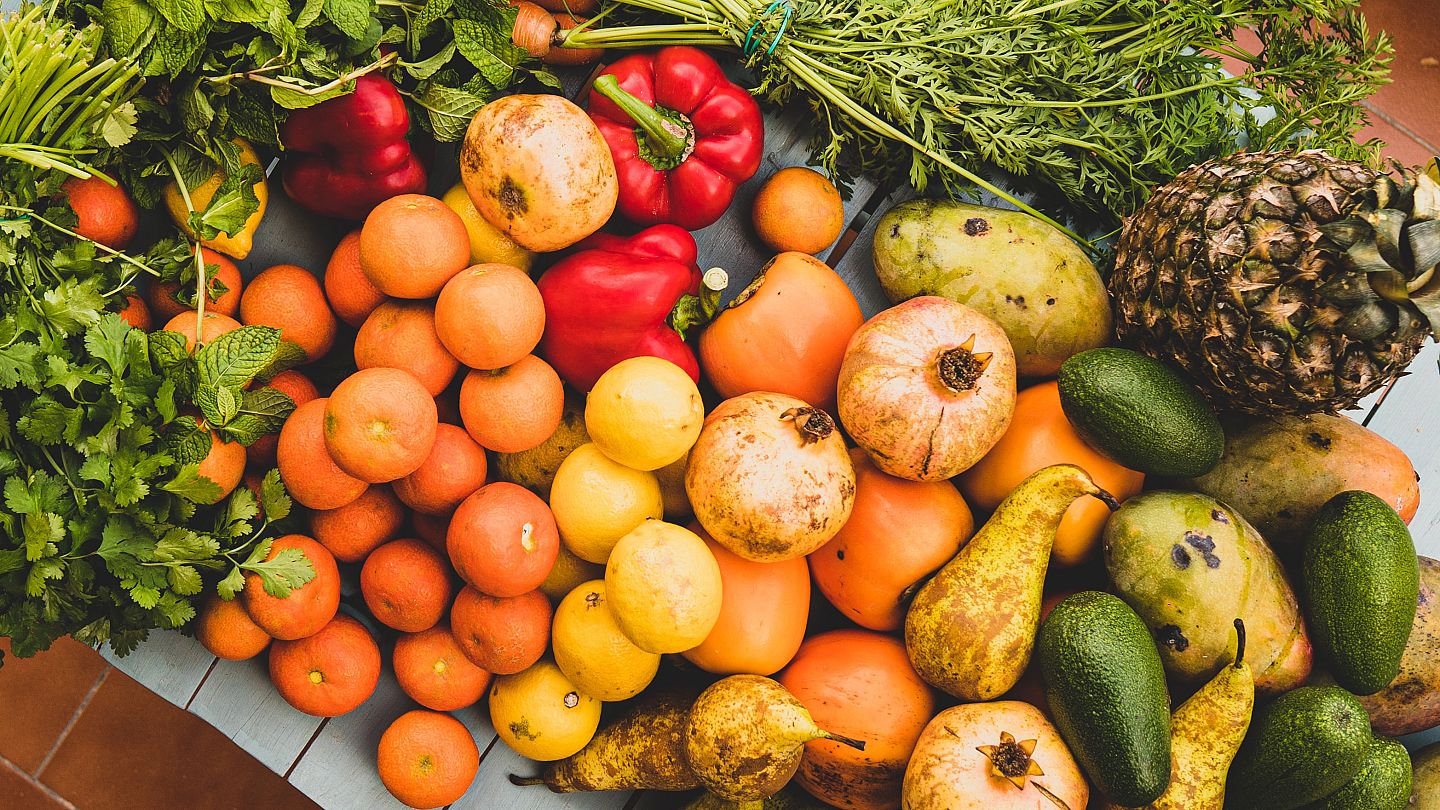There is no clear evidence that organic Food is better for the environment. Even though organic produce might be free from pesticides, there is some evidence that it can also be affected by harmful pollutants such as heavy metals. Both organic and non-organic foods have a significant carbon footprint, especially in producing the pesticides, fertilizers, and gasoline required to grow the crops. But do organic foods provide better nutrition than conventional Food? Do they have a greater impact on the environment?
When we think of organics, we often think of eating foods without pesticides or synthetic fertilizers. But are there other benefits to buying organic foods? The biggest argument against buying organic is that it is expensive. So let’s take a look at some reasons why organic Food may be cheaper than its conventional counterpart.
Eating organic Food is very good for our planet. It reduces pollution by reducing the number of pesticides and herbicides in our food supply and the number of antibiotics and synthetic hormones used to grow our foods. It also helps the environment because less energy and resources are used to grow crops, and fewer chemical fertilizers and insecticides are sprayed on crops.

Environmental impact of agriculture
The environmental impact of farming has been a hot topic lately. While some argue that organic agriculture is better for the environment because it uses less water and fewer pesticides, others say it can cause more damage.
A study from the University of Michigan claims that conventional farms cause about three times more pollution than organic farms.
The researchers studied the impact of two types of farming: organic and conventional. They used data from the US EPA from 2008 and 2009 to determine how much pollutants were produced: nitrate, ammonia, phosphorus, potassium, lead, mercury, cadmium, and chromium.
The results were surprising: Organic farming caused more pollution.
Organic farming benefits for consumers
It’s no secret that organic farming is a more sustainable way of growing crops. Organic farmers are more efficient than conventional ones.
However, it’s also true that organic farming significantly impacts the environment. The biggest issue is that organic agriculture uses more land than conventional farming.
But there are also other environmental concerns.
The biggest one is the effect on the Great Barrier Reef. “It’s a very sensitive ecosystem,” Mr Abbott said. “If you want to put something in the water that might be toxic, it’s better to go through the proper process and ensure that you’re not putting something in that might do damage.
Organic farming benefits for farmers
Organic farming has become increasingly popular lately, and many believe it is much more sustainable than conventional farming.
While organic farming does not use pesticides, synthetic fertilizers, or genetically modified crops, it requires much labor.
Organic farming has many benefits, including increased production, better nutrition, and more stable prices.
But here’s what organic farming can do for the environment.
Organic farming benefits the environment.
Conventional farming is a large-scale industry that uses pesticides, chemical fertilizers, and other toxic chemicals to grow crops. These products have been proven to cause serious environmental issues, such as air pollution, water contamination, and land degradation.
One of the biggest problems with conventional agriculture is the high use of chemical fertilizers and pesticides. It takes a lot of energy to produce fertilizer, and pesticide manufacturers are vested in convincing you to use their products.
While most conventional farmers use modern equipment, the process is still highly inefficient. Conventional farms pollute nearby water sources because the field runoff enters rivers and streams.
The good news is that organic farming is more environmentally friendly. Organic farmers use natural pest control methods rather than relying on toxic chemicals.
Organic farmers are not permitted to use genetically modified organisms (GMOs), organisms modified by genetic engineering. GMOs have been linked to allergies, cancer, and congenital disabilities.
The United States Department of Agriculture estimates that organic farms consume only 40 percent of conventional farms’ pesticides and herbicides.
Another benefit of organic farming is that it uses less energy. According to the USDA, conventional farms require more power to grow crops than organic farms.
Frequently asked questions about Organic Food.
Q: What is organic Food?
A: Organic Food is grown using only natural fertilizers such as compost and manure instead of chemicals. Organic foods are grown without pesticides, synthetic fertilizers, or chemical pesticides.
Q: Are organic foods healthier?
A: Yes. Organic foods are grown with no chemicals that harm our bodies. If you eat organic foods, you’ll benefit from better nutrition and a cleaner diet.
Q: Does it matter if an organic food product has more sugar?
A: No. Organic foods are low in sugar. However, if organic Food is high in sugar, the farmer uses chemical fertilizer to grow the Food. This can affect the health of the consumer.
Q: How do I know an organic food product is safe for my family?
A: A label often says “certified organic,” meaning that independent testing laboratories tested and certified the product.
Top myths about Organic Food
- Organic Food is always healthier than non-organic Food.
- Organic Food has more nutrients than non-organic Food.
- You have to eat a lot of organic food to be beneficial.
Conclusion
Whether organic Food is better for the environment has been the subject of much debate. While many argue that organic Food is better for the environment, others disagree. But in my opinion, organic Food is better for the environment. Because the Food grown and produced without pesticides is likely to be better for our health. When we consume pesticides, they may damage our DNA and cause cancer. It’s important to note that the health benefits of organic food don’t necessarily apply to every type of Food. In particular, meat is very different than vegetables.


